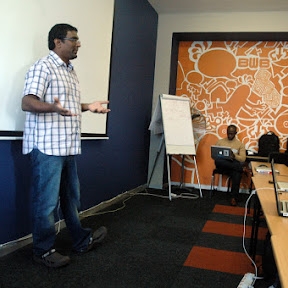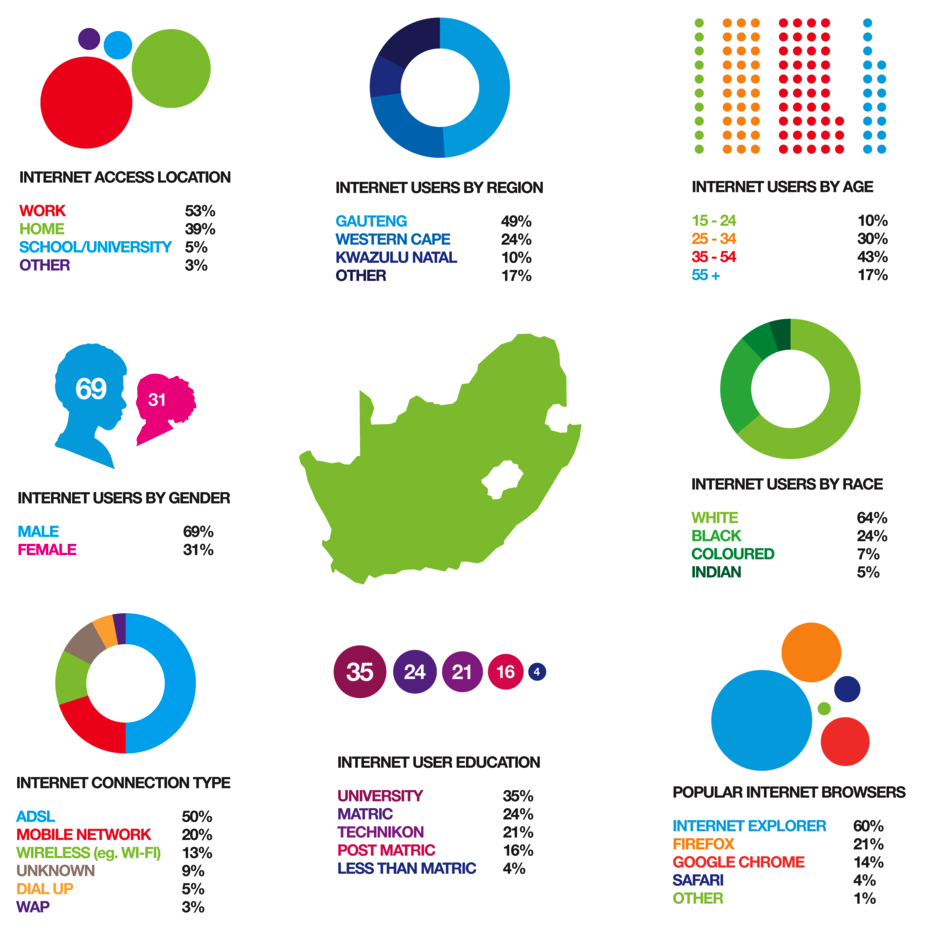There is no doubt that the South African ICT industry has won several very important battles to bring meaningful Internet connectivity to our citizens. However they were often made despite the Minister of Communications and ICASA rather than because of them. A shining example of this is the Altech court case, which ruled against the late Minister of Communications Ivy Matsepe-Casaburri and which resulted in all value- added network services (VANS) licenses being converted to individual electronic communications network service (I-ECNS) licenses, effectively enabling hundreds of these companies to build and provide infrastructure rather than be forced to use Telkom or Neotel.
But it seems as though this was not a lesson that the Department of Communications or ICASA took to heart. Today we are appalled to see the new Minister and ICASA making the same mistake, once again, with the wireless spectrum licenses. The Invitations to apply (ITAs) for a portion of the licensed part of the wireless spectrum was published in the government gazette on 28 May 2010 – and the deadline to apply was subsequently extended to next Friday – but today the invitation was cancelled today. Undoubtedly this was due to pressure from the incumbents and – what we consider to be spurious – “technical reasons”. Whilst we recognise there are some challenges with the ITAs – especially the National ITA (for 2.6GHz) – we believe there were measures that could have be taken to mitigate the issues. With respect to the Regional ITA (for 3.5GHz) its’ cancellation (or delay) appears to be unjustified. We know that there are dozens of wireless ISPs struggling to compete with the previously advantaged licensees due to the lack of available licensed spectrum, and their chances of doing so have just been squashed.
While it seems that all parties are willing to pay lip service to the concept of “affordable Internet access for all” true political will has been tragically lacking. If only bringing affordable access to all, was taken as seriously by those in power as the 2010 World Cup. As a result, for the vast majority of South Africans, the Internet remains only a concept – still unaffordable and mysterious.
How can we ensure that government officials are not overwhelmed by vested commercial interests and make decisions in the interest of all citizens?
This decision by ICASA as supported, or perhaps even directed, by Minister Nyanda is a second example of policy changing at the last moment to the collective detriment of current and potential end-users of telecommunications services. In this case we think it unlikely that the smaller telecommunications players will be able to step up and shoulder the considerable legal costs in fighting this decision.
We are appalled but unfortunately not surprised at this action. It is consistent the government’s historic actions as well as the actions of the current Portfolio Committee. At our recent INET conference designed to educate policymakers on global best practice – convened at the request of the Parliamentary Portfolio Committee on Communications – not a single committee member attended and only a single apology was tendered. Bearing in mind that ISOC-ZA stands for the present and future consumers, it is no wonder that ISOC-ZA Policy head, Paul Esselaar wryly remarked: “It is apparent that the Committee seems to think that the partisan comment and “education” delivered by the major commercial entities is sufficient to understand the complexities of spectrum. Unfortunately, as usual, it is consumers who are the losers in this.”
Please assist and send the pdf or .doc to your favourite journalist.






